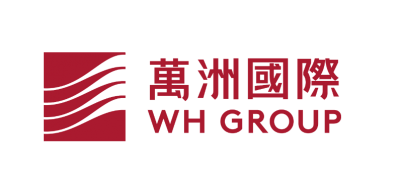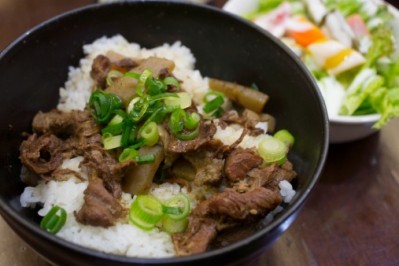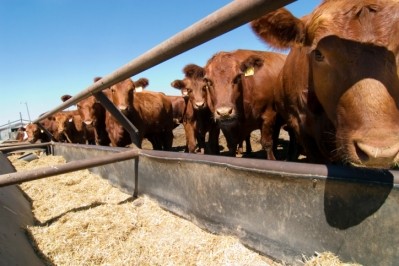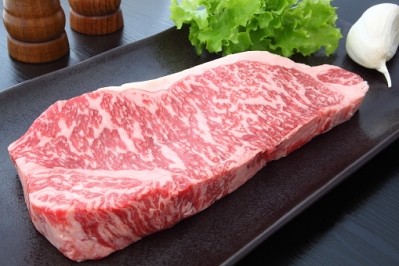China's slowdown hits second-biggest pork company
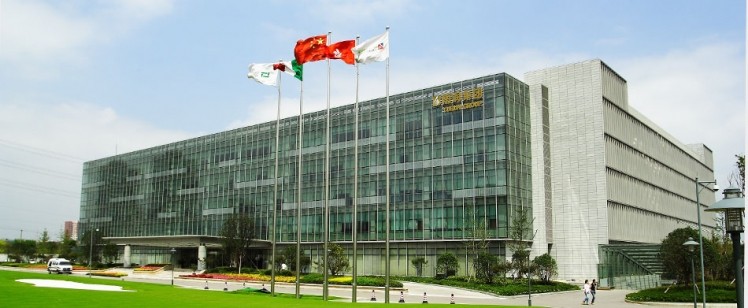
An extensive report on the firm in a late January edition of the Beijing Business Daily newspaper quoted company insiders as saying that the firm will divest itself of assets to pay borrowings.
China Yurun Food Group Ltd – the name for the listed holding company, which controls numerous subsidiaries – garnered plenty of media attention last October, when its subsidiary Nanjing Yurun Foods Co struggled to repay a RMB1.3 billion note, due to cash shortages. While the firm did pay, it also said it would “restructure” to improve profitability and to deal with debt that arose from the firm’s expansion into many non-core activities in recent years.
Headquartered in Nanjing, but listed in Hong Kong, China Yurun Food Group worried investors when it announced losses of HK$720m for the first half of 2015. It blamed the losses on higher hog prices and softer demand for pork among high-end catering services. The company’s 2014 full-year accounts showed that Yurun had HK$1.82bn in current liabilities and HK$8.25bn in total debt as of the end of 2014.
Amongst the richest men in China
Results for 2015 are not expected until late March. In the meantime, there will be some anxiety for the firm’s 26,000 workers.
Yurun, which had long claimed to be the largest meat supplier in mainland China, was established in 1993 and focuses on chilled meat and frozen meat. But it also invested significantly in the heat-treated and packaged meats segment. Its processed meat products are marketed under brand names of Yurun, Furun, Wangrun, and Popular Meat Packing. Indeed, the Yurun logo is one of the most recognisable symbols in supermarkets around China.
Once named the 26th wealthiest man in China, company founder and long-time chairman Zhu Yicai tried to turn Yurun into a conglomerate, but resigned from company duties in 2012. Aside from meat processing, the firm had invested in real estate, commerce, logistics, tourism resorts and even financial services. But it appears the company’s ambitions have been unhinged by the slowdown of China’s broader economy and Yurun is now reported to be struggling to cope with its debts.
Crisis
China Yurun Food Group has been in the headlines before; a 2011 episode, for instance, saw the firm’s stock targeted by short-sellers. In recent years, however, Yurun has been overtaken by Shuanghui as China’s pre-eminent pork player in terms of scale.
The current crisis highlights the massive challenges that face China’s heavily indebted corporations, including some of its top meat companies. “Many companies piled into real estate because they saw bigger margins there, and many other were running underground banks, lending cash to other corporations for large interest,” explains a Chinese investment banker based in Beijing who worked on several Yurun deals. “They often lost focus on their original core business and all of that is coming home to roost now. We expect a lot of difficult restructuring this year in the meat sector.”
